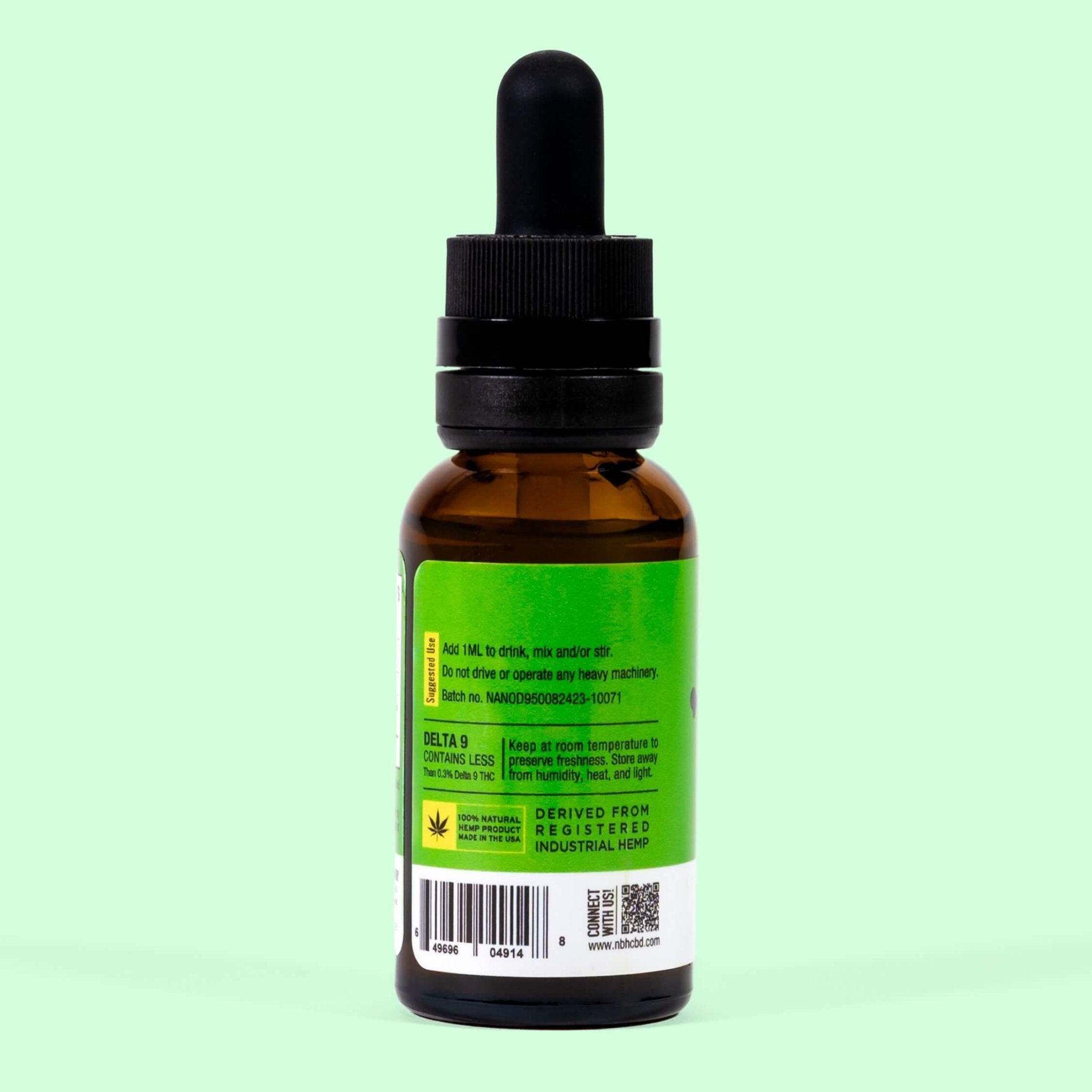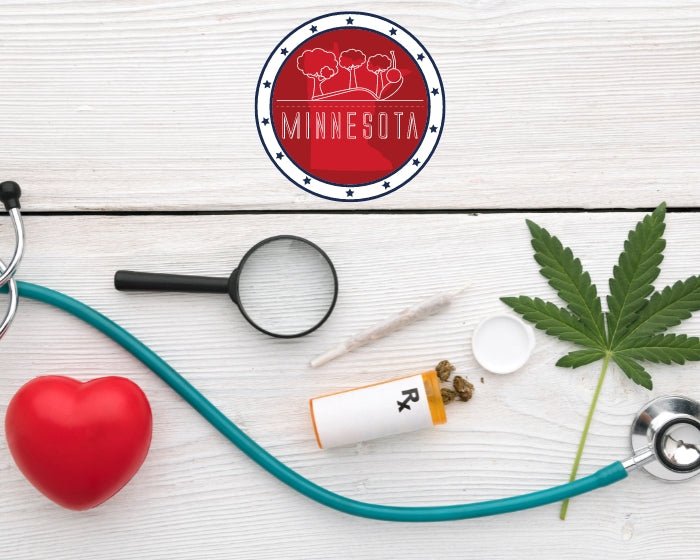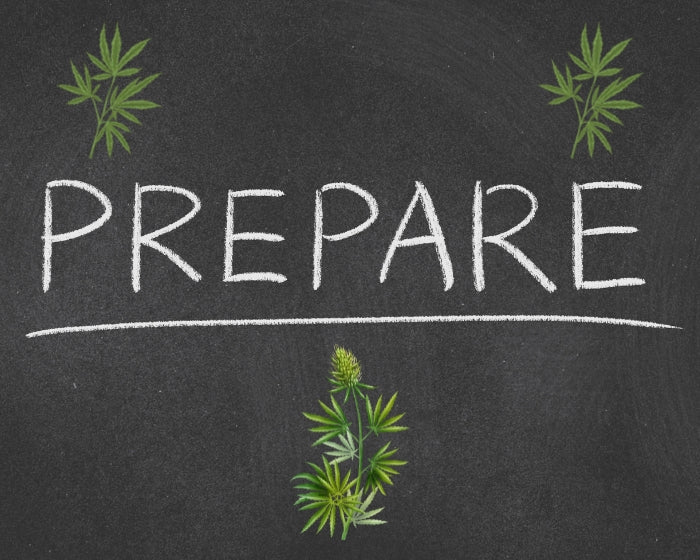The regulatory body enforcing Minnesota's newly amended law enabling the sale of hemp-derived THC edibles brings suit against three manufacturers.

As first reported by St. Paul's Fox 9 News, the Minnesota Board of Pharmacy has filed a lawsuit against three Moorhead-based companies (Northland Vapor Moorhead, LLC, Northland Vapor Bemidji, LLC, and Wonky Confections, LLC) for manufacturing and selling THC edibles that allegedly sickened five teenagers in Iowa.
This action marks the first time the Board has utilized the recently amended MN law, enabling the manufacture and sale of food and beverage products containing hemp-derived THC (Delta-9), to bring suit against a manufacturer violating its tenets.
The case began with officials at the U.S. Food and Drug Administration (FDA) tipping off regulators following several complaints, including the five high school students in Des Moines who fell ill after consuming one-half to two full gummy edibles.
Regulators are accusing Northland Vapor of selling gummies containing 2,500 mg of THC, which is 50 times greater than the amount allowed under the amendment that went into effect July 1, 2022. Under that amended statute, edible items sold in the state cannot contain more than 5 mg of hemp-derived THC per serving or more than 50 mg per package.
During a news conference this past Monday, investigators also shared photos of products resembling gummy bear candy. This packaging also violates Minnesota law, making it illegal to brand items that intentionally target children.
Northland Vapor's manufacturing warehouse was inspected on Nov. 8, 2022, by the MN Board of Pharmacy and the FDA. During that time, the following items were discovered by investigators:
- 28,896 packages of Death by Gummy Bears, labeled as 25 individual gummy bears at 100 milligrams of THC per serving (for a total of 2,500 mg per package)
- 112,710 packages of Death by Gummy Bears, labeled as 10 individual gummy bears at 100 milligrams of THC per serving (for a total of 1,000 mg per package)
- Approx. 2,400 packages of Wonky Weeds Gummies, labeled as 10 individual gummies at 30 milligrams of THC per serving (for a total of 300 mg per package)
- 2,310 bottles of Wonky Weeds THC Syrup, containing 700 milligrams of THC per bottle.
In a statement, Jill Phillips, Executive Director of the Board of Pharmacy, said, "Due to the sheer quantity and the seriousness of the products, we moved quickly to embargo (the products)." As a result of the investigation, the Board is requesting authority from a Clay County District Court judge to destroy items estimated to be worth $7 million.
"Due to the sheer quantity and the seriousness of the products, we moved quickly to embargo (the products)."
- Jill Phillips, Executive Director of the MN Board of Pharmacy
Speaking through its attorney, Northland Vapor said it is the actual victim in this case. Charging that the Board of Pharmacy has been more accommodating for other companies.
The lawyer, Tyler Leverington, shared, "Northland is a small business committed to making a quality product and now must fight for its life against over-zealous regulators in St. Paul looking to make a splash with their newly adopted law."
Since the amended law was enacted this past July, there have been 46 complaints concerning THC products in Minnesota. As a result, the Board of Pharmacy's caseload has more than doubled. The agency only has four full-time investigators statewide to take on complaints filed against all pharmaceuticals, including the newly added THC-infused items.
Experts and advocates alike point to the fact that because the amendment did not include any provisions for enforcement, licensing or taxation, situations like the case in Iowa were inevitable.
Phillips echoes this sentiment saying, "We weren't given additional funding and resources. We do the best we can with the resources we have to act promptly and effectively."
Moreover, because of the lack of regulation and enforcement, at least 30 cities in the state have imposed temporary bans on hemp-derived THC edible food and beverages. Leaders in those communities contend that until all interested and affected parties can better understand how to manage and regulate the large influx of products into the market, they should not be for sale.
This action on the part of local municipalities puts an undue and unfair burden on those hemp-derived THC companies complying faithfully with the new requirements outlined by the amendment. One of those businesses is Nothing But Hemp, owned by Steven Brown.
As he explains, "Nothing But Hemp is against 100 mg gummies being sold in Minnesota. The law is clear - 5 mg Delta-9 THC per serving and 50 mg per edible package. We are glad the Board of Pharmacy is trying to even up the playing field."
"Nothing But Hemp is against 100 mg gummies being sold in Minnesota. The law is clear - 5 mg Delta-9 THC per serving and 50 mg per edible package. We are glad the Board of Pharmacy is trying to even up the playing field."
- Steven Brown, Owner of Nothing But Hemp
With the Democrats taking control of both Houses of the Minnesota State Legislature this coming January, leaders have promised to create and implement a more substantial regulatory infrastructure for THC products.
Additionally, they hope to put forward legislation to finally legalize adult-use cannabis in the state, with many wanting to incorporate the regulation of edible THC products into a broader marijuana statute.
State Rep. Heather Edelson (D-Edina) shares, "I would actually say (the 2022 THC law) is helping to identify the issue because it's brought a heightened awareness to what is safe to consume -- and what is, in this case, absolutely not safe to consume."
"I would actually say (the 2022 THC law) is helping to identify the issue because it's brought a heightened awareness to what is safe to consume -- and what is, in this case, absolutely not safe to consume."
- MN State Rep. Heather Edelson (D-Edina)
However, before taking too big a bite out of the "marijuana apple," lawmakers should probably focus on getting what is currently legal under better control. Unfortunately, many states have made a mad rush to full legalization without considering the full ramifications of that action.
Sometimes taking it slow and steady and getting it right ultimately wins the day. Just ask the tortoise and the hare. Regardless, laws must be vigorously and vigilantly enforced when it comes to public safety, particularly children's. No high is worth that risk.








































